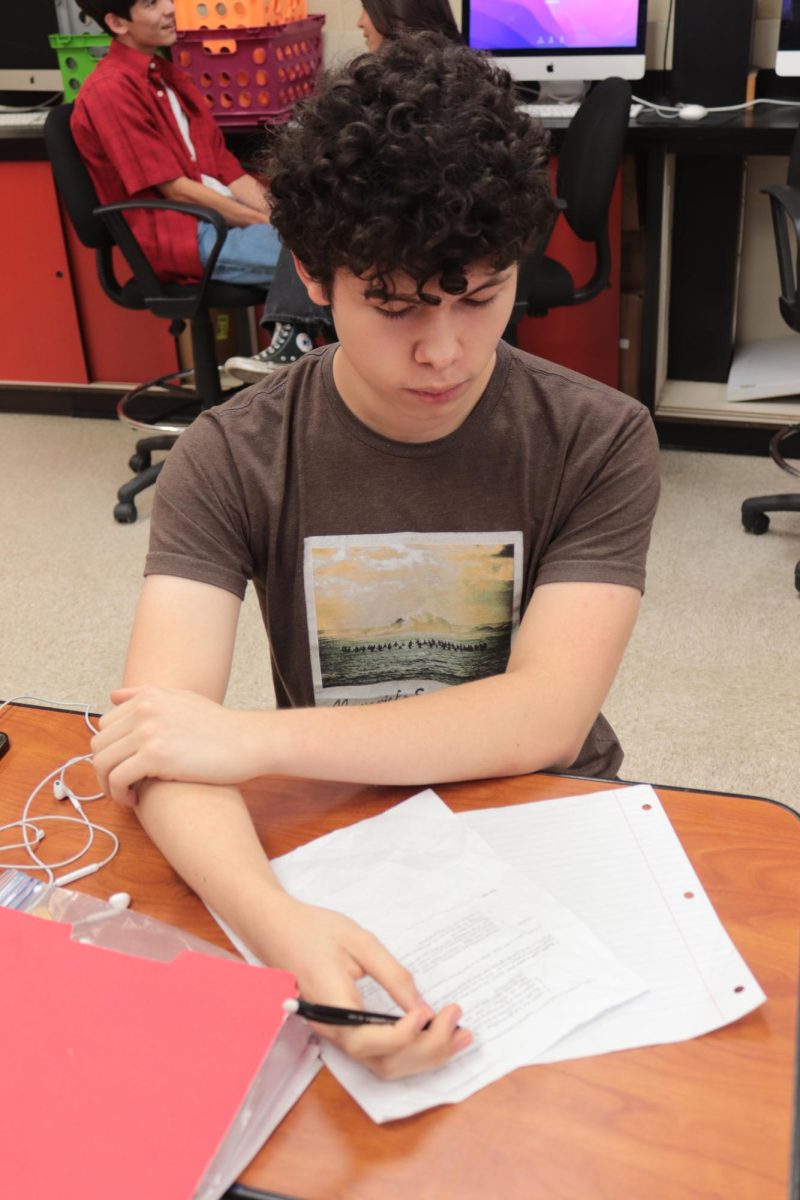Do you have a difficult time staying focused? According to Conifer Park, “50% of people can’t focus on a task for more than 8 minutes.” Many things such as sleep deprivation, poor time management, stress, et cetera can contribute to a loss of focus.
3 Issues that can contribute to loss of focus
1. Sleep deprivation
Not getting enough sleep can impact focus. Without enough sleep, human brains have a difficult time focusing and taking in new information. According to WebMD, “Scientists measuring sleepiness have found that sleep deprivation leads to lower alertness and concentration. It’s more difficult to focus and pay attention, so you’re more easily confused.”
2. Poor time management
Humans can get overwhelmed when not given enough time to focus on any given task causing us to lose focus. Running out of time on a task can cause the task to be left unfinished or finished inaccurately. All backed by science, Ysamph.com says “ Poor time management leads to unstructured and unplanned work schedules that cause people to not spend time as productively as they should in their important work areas.”
3. Stress
Constant stress can cause loss of focus and in some cases feelings of being mentally drained. Being stressed can keep minds filled with the focus of being stressed instead of concentrating or memorizing important information. “Chronic stress overloads the attention system, thereby reducing the amount of attention resources available to allocate to less relevant information,” according to the National Institute of Health.
Ways to stay focused
1. Sleep
Teenagers should get 8-10 hours of sleep per 24 hours. Getting enough sleep at night is very important, because human bodies and brains need sleep to function properly and think clearly. Sleeping helps the human brain catch up, so that we’re ready for what’s next. “Sleep is important to a number of brain functions, including how nerve cells (neurons) communicate with each other,” according to the National Institute of Neurological Disorders and Stroke. By doing that the neurons in the human brain are not given enough time to regenerate. The neurons that become overworked have a worse outcome of performance.
2. Prioritize
Being able to prioritize tasks can help the human mind focus on one task at a time. Prioritizing helps the human brain think more clearly. Zoom says, “ It guides you to the most important tasks and helps you focus on what matters most, helping you manage your time and energy effectively.”
3. Take breaks
Sometimes we get tired of doing one task at a time. Taking breaks every now and then giving the human brain some time to rest and not overwork more than it needs too. “Research shows that taking purposeful breaks (anywhere from 5-6 minutes) from studying to refresh your brain and body increases your energy, productivity, and ability to focus,” says Cornell Health.








